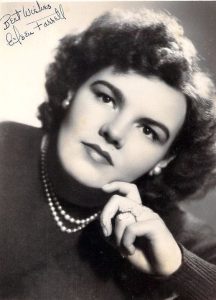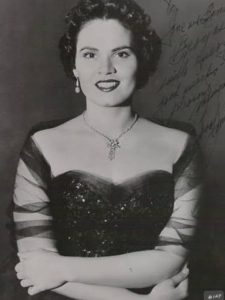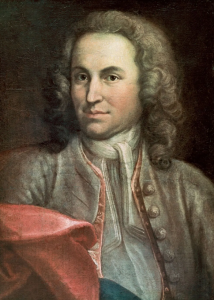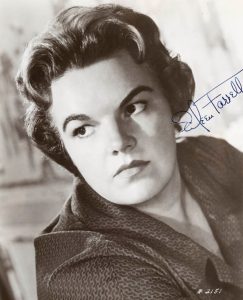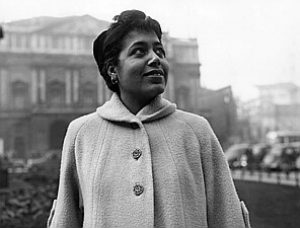Podcast: Play in new window | Download (Duration: 1:19:05 — 78.2MB) | Embed
Subscribe: Spotify | TuneIn | RSS | More
Today, the day that we lay my beloved mother, Jane Elizabeth Herbst Gundlach, to rest, I offer another tribute to her memory by way of another favorite singer of hers, Eileen Farrell. My mother grew up hearing her on the radio, and when I was young we would often see her featured on the variety shows that were the typical fare of mid-1960s television. But even more than that, she was the soprano soloist on a recording of Messiah that my father brought as a gift for her when he returned from a summer away at seminary. I have once again chosen a program that allows me to share stories of special events in my mother’s life, some charming, some painful, but all of them reflective of the great love that bound us together as mother and son.
Countermelody is a podcast devoted to the glory and the power of the human voice raised in song. Singer and vocal aficionado Daniel Gundlach explores great singers of the past and present focusing in particular on those who are less well-remembered today than they should be. Daniel’s lifetime in music as a professional countertenor, pianist, vocal coach, voice teacher, and author yields an exciting array of anecdotes, impressions, and “inside stories.” At Countermelody’s core is the celebration of great singers of all stripes, their instruments, and the connection they make to the words they sing. By clicking on the following link (https://linktr.ee/CountermelodyPodcast) you can find the dedicated Countermelody website which contains additional content including artist photos and episode setlists. The link will also take you to Countermelody’s Patreon page, where you can pledge your monthly or yearly support at whatever level you can afford.
